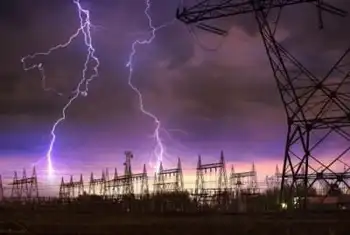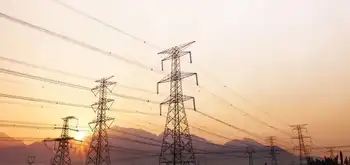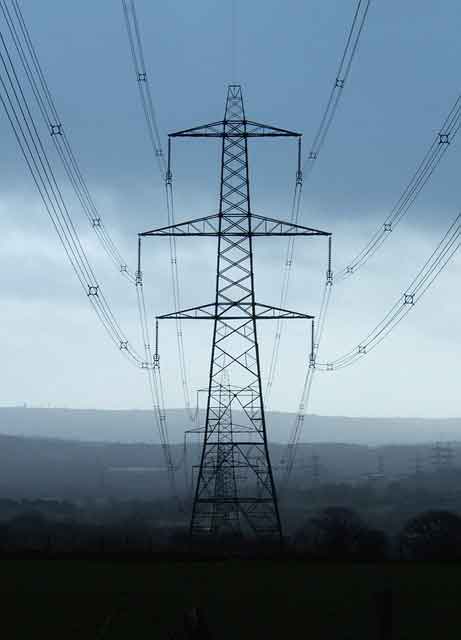North Texas storms among OncorÂ’s worst in history
By Business Wire
NFPA 70e Training - Arc Flash
Our customized live online or in‑person group training can be delivered to your staff at your location.

- Live Online
- 6 hours Instructor-led
- Group Training Available
As Oncor crews and contractors worked to restore power to affected customers, other homes and businesses lost power from the subsequent storm waves that followed the initial storm.
So far, Oncor has restored power to more than 380,000 homes and businesses. At this point, less than 120,000 homes and businesses remain without power.
“What made this storm so bad was the rhythmic succession of multiple waves of rain and lightning,” said Charles Jenkins, Senior Vice President. The National Lightning Detection Network reported approximately 45,000 lightning strikes occurred during the multiple waves passing through the Dallas/Fort Worth area.
“The safety of more than 2,600 people who are out working to restore power is our first priority, lightning compounds an already very dangerous situation in which to work safely,” added Jenkins.
Because of high temperatures and high humidity, those who remain without power should seek alternative shelter. The current projection for a full restoration could extend through the end of June 14.
Keep these safety tips in mind during severe thunderstorms:
• If you see a downed power line, leave the area and call 911. In addition to the downed line potentially being electrified, anything touching the power line, such as a tree branch, could also be electrified. Do not touch the power line or anything else touching it. It may not look dangerous, but it could still be energized and therefore possibly deadly. Keep pets, children and others away from the area, too.
• Do not attempt to remove debris and tree limbs from areas near power lines. The debris may be concealing a live wire or downed power line, a risk that could potentially injure or even kill you.
• If a power line falls across your vehicle, call 911 and stay put until help arrives. Your tires provide important insulation from electric current. Stepping from your car could make you part of a complete electric circuit, resulting in electric shock or even death.
• Protect electronics and appliances by unplugging them or installing surge protectors. Surge protectors may go out over time, so they should be replaced every so often. This is a small cost compared to the cost of replacing expensive electronics.
• Keep an emergency kit handy with a flashlight, battery-powered or crank radio, bottled water and extra batteries if needed. Check out www.oncor.com/safety for a storm safety kit diagram.
• If your power goes out, don't assume the electric company knows. Call the outage number on your electric bill to report it.
• Exercise extreme caution if using candles during a power outage. Always keep candles away from flammable objects and never leave them burning unattended.











